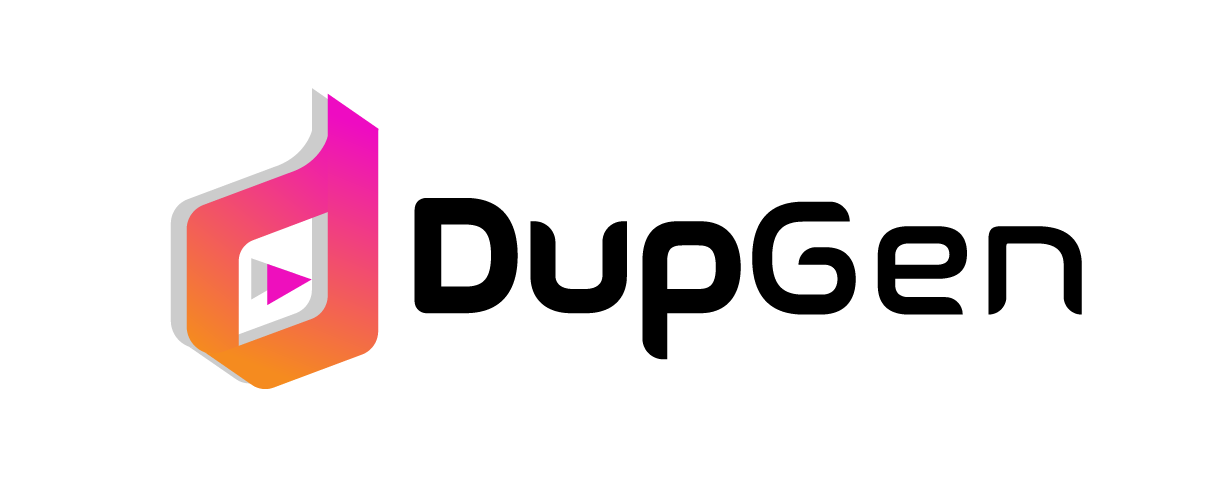With the rapid development of technology, Artificial Intelligence (AI) has gradually become an important force driving social progress and economic growth. However, like any technology, AI is a double-edged sword, bringing unprecedented opportunities as well as challenges that cannot be ignored. Recently, the UK and the US signed a landmark AI safety agreement, signaling the growing urgency of AI regulation on a global scale.
I. UK and US sign AI safety agreement, opening a new chapter of cooperation
On April 1 this year, UK Science Minister Michelle Donlan and US Secretary of Commerce Gina Raimondo jointly signed the world’s first bilateral agreement on AI safety in Washington, DC. The signing of this agreement signals an in-depth collaboration between the UK and the US in testing and assessing the risks of new models of AI and exploring the safety and controllability of AI.
The signing of this agreement is of great demonstrative significance. In the current global context, countries have different regulatory attitudes towards AI technology, with some countries adopting a more lenient regulatory strategy to encourage innovation and development, while others are adopting stricter regulatory measures to ensure the safety and controllability of AI technology. The cooperation between the United Kingdom and the United States will provide an important reference and reference for AI regulation on a global scale.
II. Positive Impacts and Potential Risks of AI
The development of AI has brought a huge boost to the global economy. According to a report released by the U.S. investment management company Ark Invest (ARK Invest), it is predicted that AI will add $40 trillion to the global GDP by 2030, becoming an important engine to drive economic growth. However, at the same time, AI also brings a series of potential risks and challenges.
First, mass unemployment is one of the most concerning issues in the process of popularizing AI technology. With increasing automation and intelligence, many traditional jobs will be replaced by AI, leading to massive labor unemployment. However, as the Goldman Sachs study points out, AI technology will also create new jobs and increase labor productivity and global GDP growth rates.
Second, generative AI could become a “rumor generator,” creating and spreading fake news, information and photos on a large scale. This capability, if exploited maliciously, will pose a great threat to the stability and security of society.
In addition, AI technology may also exacerbate social injustice. If AI algorithms contain biases, they may have an unfair impact on specific groups. For example, in the recruitment process, AI may tend to select certain types of employees and exclude others.
More seriously, the loss of control of AI technology could have consequences that humans cannot anticipate. Last May, hundreds of leading figures in the AI industry joined together to publish an open letter describing the threat that AI technology poses to human existence. The open letter compared AI to pandemics and nuclear wars that could extinguish humanity, and called for a concerted global effort to mitigate the risk of human extinction by AI.
III. The Urgency of Global Regulation and the Signing of the Bletchley Declaration
In the face of the double-edged sword effect of AI technology, the urgency of regulating AI on a global scale has become increasingly prominent. In November last year, 28 countries and regions, including the United States, the United Kingdom, China and the European Union, signed the Bletchley Declaration at the AI Security Summit hosted by the United Kingdom. This declaration aims to promote the regulation and governance of AI technology on a global scale and ensure that AI technology is safe and controllable.
The signing of the Bletchley Declaration marks the gradual formation of a global consensus on AI regulation. Countries will work together to develop and implement strict AI regulatory policies to ensure the safety and controllability of AI technologies. At the same time, countries will also strengthen cooperation and communication to jointly address the challenges and risks posed by AI technology.
IV. Conclusion
The development of artificial intelligence has brought unprecedented opportunities for the global economy, but it also brings risks and challenges that cannot be ignored. In the face of the double-edged sword effect of AI technology, the urgency of regulating AI on a global scale has become increasingly prominent. By strengthening international cooperation and exchanges, and formulating and enforcing strict AI regulatory policies, we can ensure the safety and controllability of AI technology and provide strong support for the sustainable development of human society.
Are you ready to dive deeper into the topics you love? Visit our website and discover a treasure trove of articles, tips, and insights tailored just for you!





